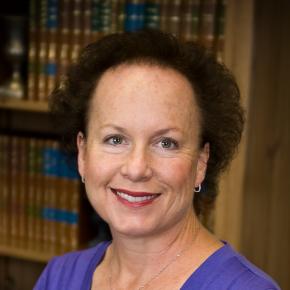Russell Moore and Tim Keller make some really helpful observations about sharing the Gospel in a secular society in the video below (or stream the audio here). Essentially, it’s harder than it used to be. We’re in a post-Christian culture—most people are unfamiliar with Christianity and think the church and religion have failed. But it’s important we understand the nature of the task because we have to adjust how we engage people.
The state of our culture:
- There’s no anxiety about sin. There is no concept of sin.
- Our current society is built to escape Christianity and sees Christianity as a problem.
- Our culture is filled with faith in things but doesn’t think it has faith. Our culture believes it’s based on rationality and fact and has no set of beliefs.
Moore points out that while there is no concept of personal sin, people are aware of evil in the world and experience the effects. But secularism cannot make sense of good and evil. People are going to experience things in their lives that they can’t make sense of without God.
Neither makes this point, but we have to be prepared to answer the misunderstandings about Christianity and start from the very basics to help them understand God, Jesus, and the Bible. There’s a lot of foundation to be laid before getting a hearing for the Gospel or before it may be understood clearly.
Postmodernism ultimately doesn’t provide comfort or confidence. It doesn’t answer the fundamental needs of humankind. Sooner or later, individuals will not be able to make sense of their lives based on what they believe. Christianity does make sense of reality and answers the most fundamental questions and needs we have.
The current evangelistic task is much harder than it’s ever been in our lifetime. It will usually take much longer to till the ground before seed can take root. Evangelism and apologetics need to take place in the context of relationships and friendships because it takes time to gain credibility as a Christian witness and to help someone understand our message.
Greg has a tactic in his book called “clearing the brush.” There’s a whole lot more brush to clear these days.

